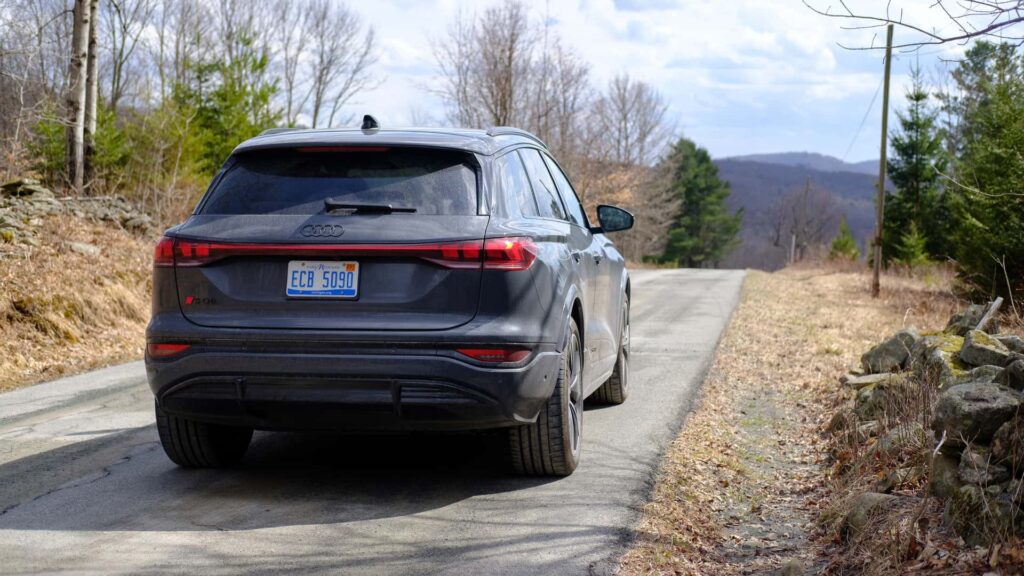President Donald Trump’s decision to pause reciprocal tariffs on most countries came as a relief to many industries, but unfortunately, the automotive sector was not so lucky. The planned tariffs on automotive imports, along with other sectors such as lumber, metals, and pharmaceutical products, will remain in effect for the time being.
As a result, a 25% import tax will continue to be imposed on new cars, potentially leading to increased prices for consumers. This news may prompt buyers to make their purchases sooner rather than later, or to wait in hopes that trade negotiations will lead to lower prices in the future.
In a retaliatory move, Trump also announced that tariffs on Chinese goods would be raised to 125%. While this may not have a significant impact on Chinese-made cars in the U.S. market due to existing trade tensions, it could affect imports of models like the Polestar 2.
Industry officials within the automotive sector expressed surprise at Trump’s decision to pause tariffs, with initial uncertainty surrounding whether car tariffs would also be included in the pause. The potential implications of tariffs on imported cars go beyond just increased prices for consumers, as they could also threaten the significant investments that automakers are making in new technologies such as electric vehicles, autonomous driving, and software platforms.
These investments, often funded by the sale of traditional gas-powered models, could be at risk if price instability and weakened demand for new cars result from the tariffs. Despite this uncertainty, some automakers like Hyundai, Toyota, and Honda have stated that they will not be increasing new car prices at this time.

